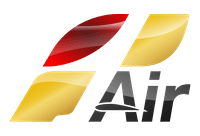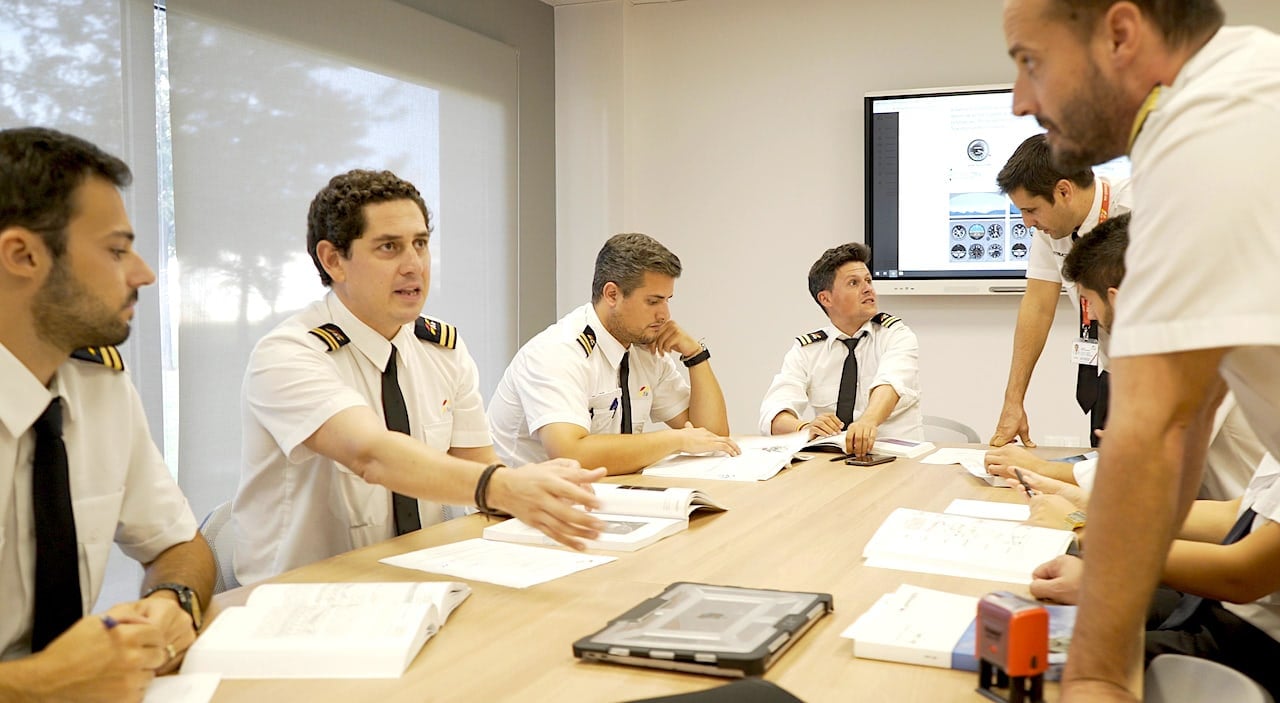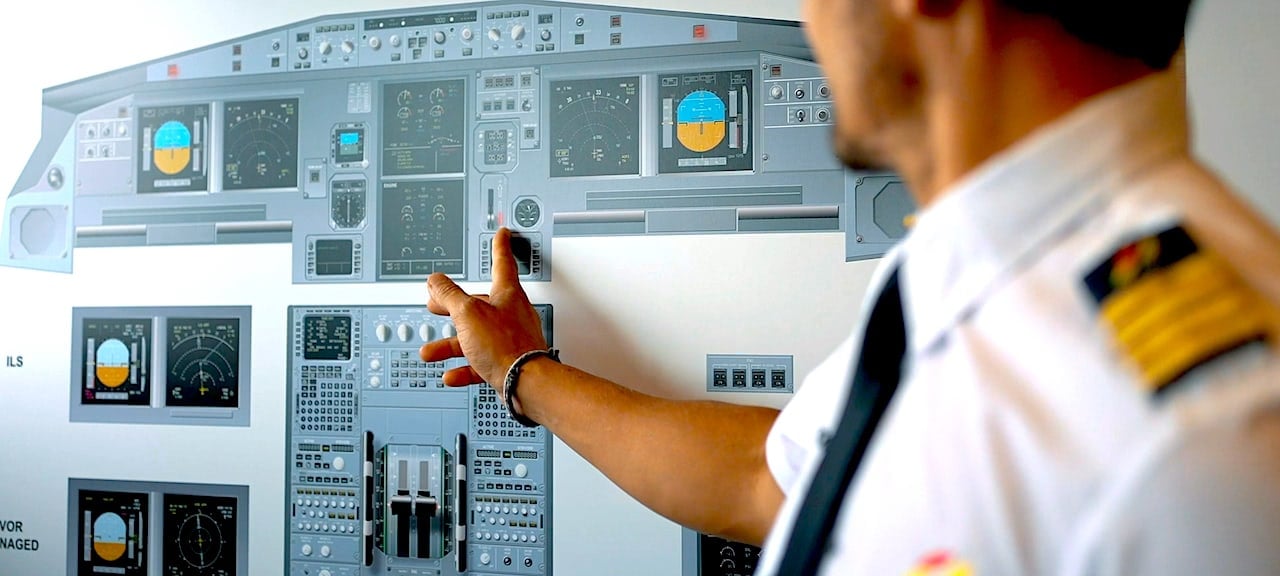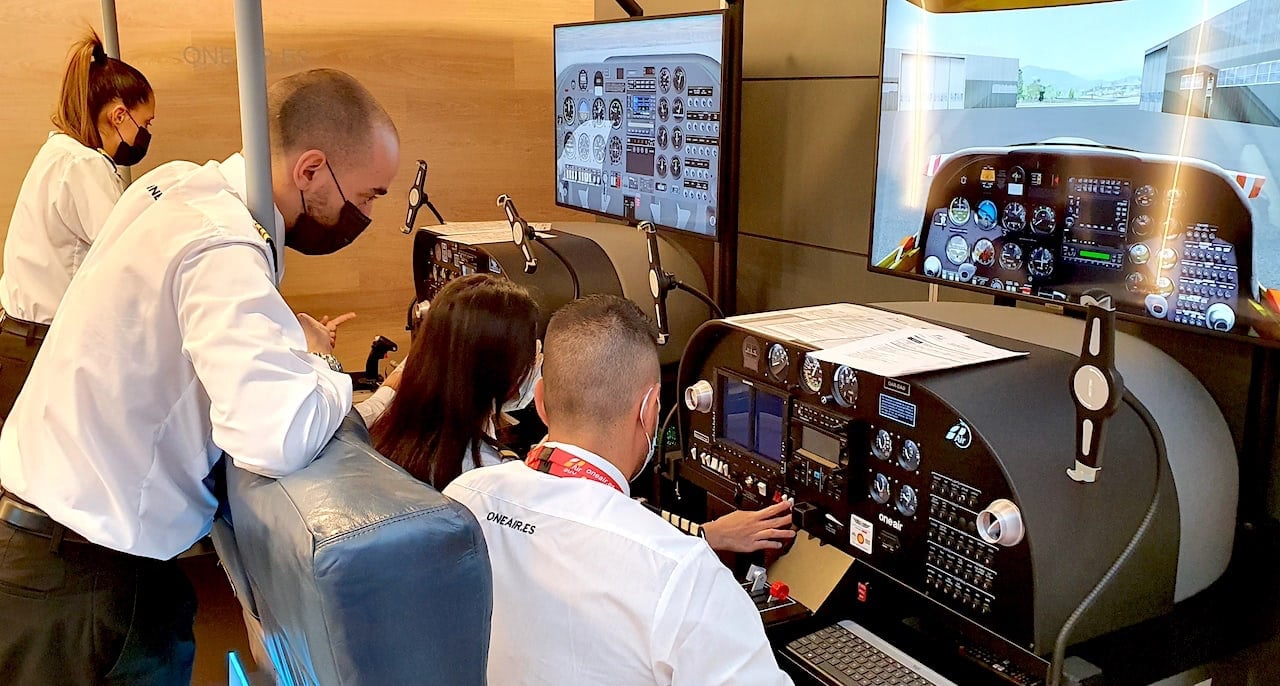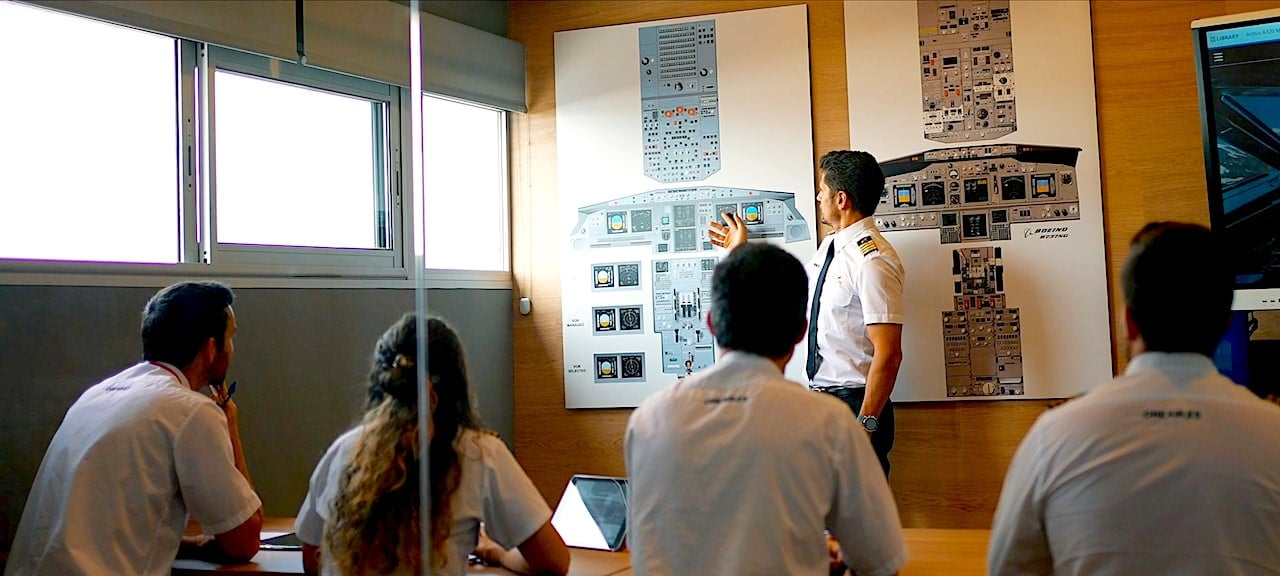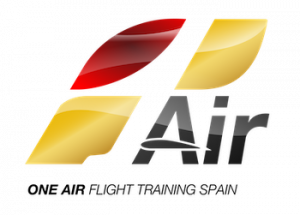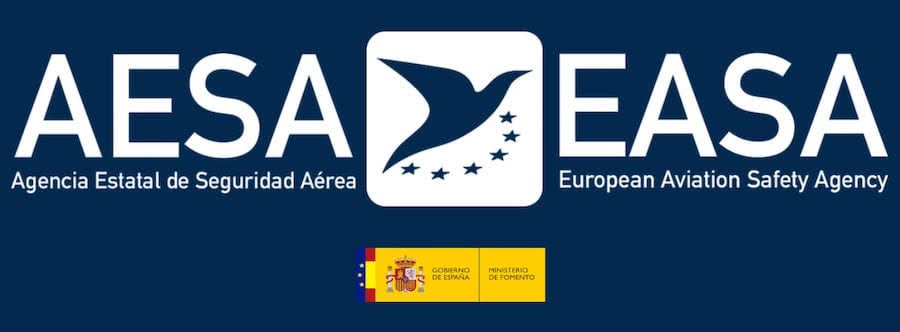If you’re an aspiring airline pilot, you’ll have surely heard of EASA’s new Area 100 KSA. Lots has been said about how this new training approach will be implemented into the ATPL subjects.
But if for whatever reason you’re unsure of what the Area 100 KSA is, how it will affect you as a student, or how the new EASA syllabus will change; don’t worry
We’ll explain you absolutely everything you need to know about the new Area 100 KSA below, but before we get started, our new pilots will summarise it for you in a fun video. Don’t miss it!
